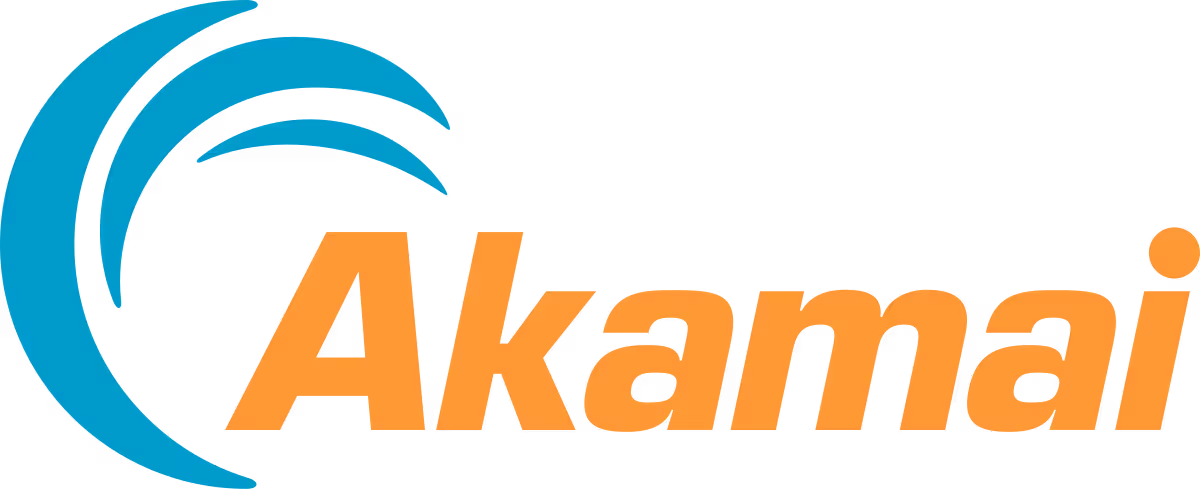Prepare and apply for your dream job
Over 26 million developers have joined the HackerRank community to certify their skills, practice interviewing, and discover relevant jobs. An AI Mock Interviewer can help you prepare, while our QuickApply agent puts your job search on autopilot.














_logo.svg.avif)






